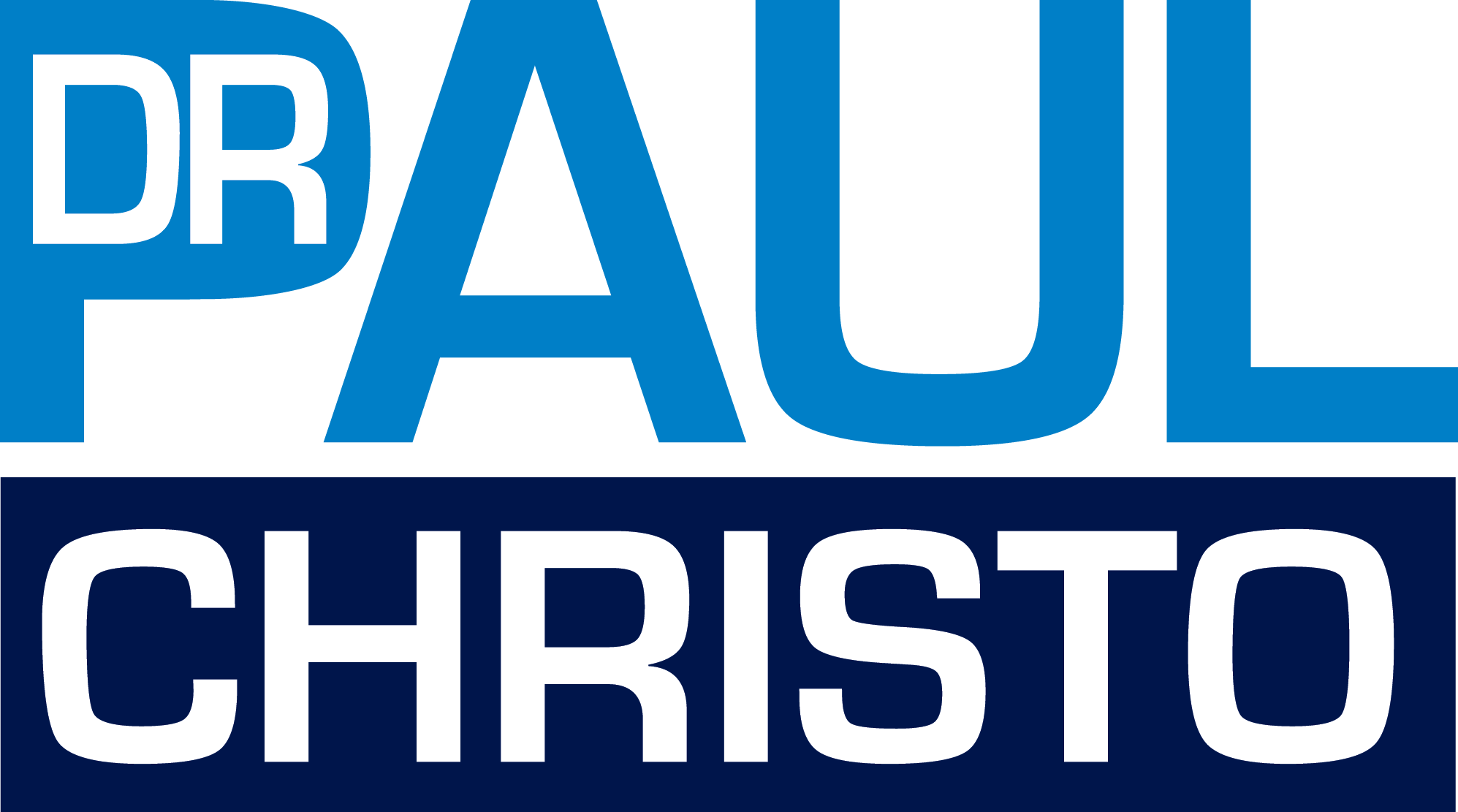
Anyone who has had surgery or lives in chronic pain knows the importance of opioids. Opioids, particularly morphine and methadone, allow patients to recover from surgeries, severe injuries, or even pass away in as little pain as possible.
But unfortunately, opioids can be extremely addictive for some individuals. In the most severe circumstances, dependencies on opioids can push hooked individuals to develop addictions to illegal drugs that are more readily available. When used correctly, opioids have amazing medical properties. But, when their benefits are abused, they become a fear-inducing drug to everyone around.
Through a misconception and misunderstanding of the drug and those that become addicted, “opiodphobia” has spread across hospitals, physicians, and patients.
At the most surface level, those who have been severely injured or just undergone surgery may be weary of receiving opioids while still in recovery. The fear of developing a dependency to the drug leaves them suffering in pain, choosing to opt for more basic pain treatments.
While it is important to always be aware of opioid use, opioids are prescribed to individuals who need more than a few ibuprofen tabs to relieve their pain, meaning many patients are choosing to suffer.
But a fear of opioids doesn’t stop at a patient in a hospital bed. Even the International Narcotics Control Board fears a spreading of opioid use – leaving millions of foreign individuals suffering and without access to the relief they need.
In 1961, the International Narcotics Control Board, or INCB, introduced the United Nations Single Convention on Narcotic Drugs. Originally, this idea hoped to provide the people of the world with access to opioids for medical use. Instead, the INCB focused on reducing access to illicit use of narcotics, leaving most of the world without access to the drugs they need.
Restrictions and surveillance on the production and transfer of opioid drugs makes it incredibly difficult to get morphine and methadone to hospitals that need it. While these measures were put into place to prevent drug abuse from spreading from country to country, it most effectively prevents necessary drugs from making its way to injured individuals.
Of the countries that do have access to opioids and are able to prescribe the drug to patients that need it, doctors, hospitals, and physicians face heavy regulations about prescriptions and doses that can be given. In some severe circumstances, SWAT teams may even be encouraged to raid a physician’s office if it is believed he is abusing his power to prescribe opioids.
While the War on Drugs continues to fight illicit drug use, it has gotten to the point where most of the world finds themselves suffering unnecessarily, all because of fear. When used and monitored appropriately, opioids have the power to assist suffering individuals through excruciating pain, which is nothing to be frightened of.
